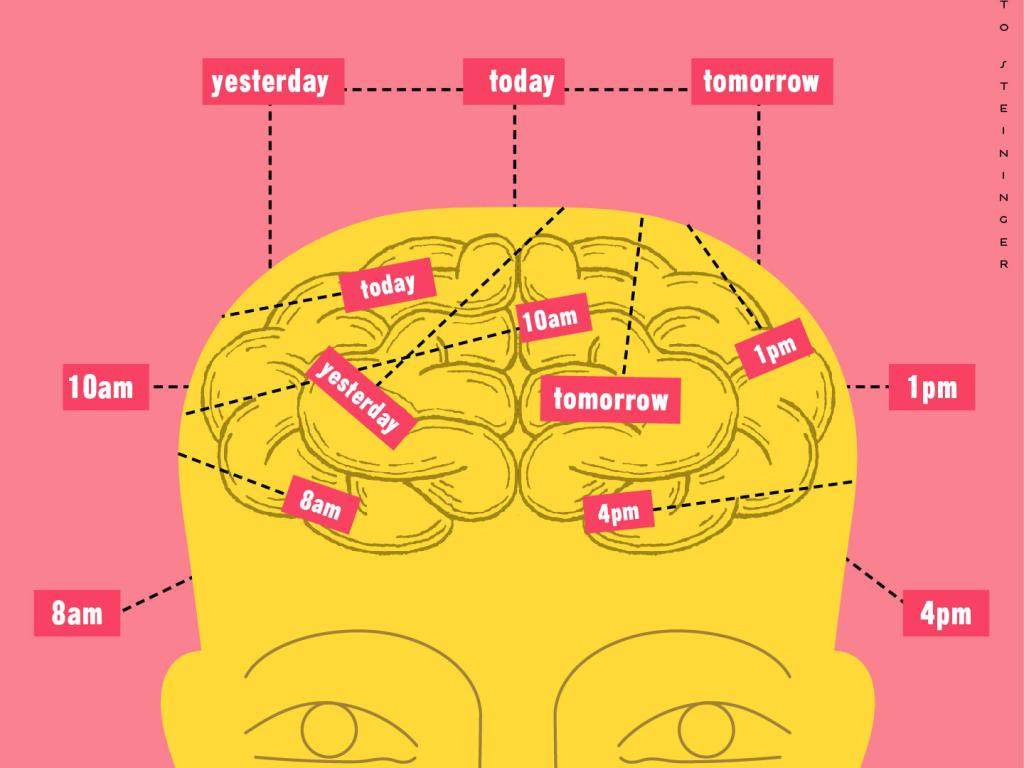Introducing the B.R.A.I.N study

Background of B.R.A.I.N study
In South Africa, approximately 8 million people are living with HIV. In 2017, the estimated rate of South African adults aged 15-49 years living with HIV was 18% and this number is expected to have increased since then. HIV or the human immunodeficiency virus is specifically dangerous because it targets and destroys CD4+ T cells (the immune cells of the body) which contribute to the body’s immune response to infection. If a person living with HIV is not on treatment, the virus can severely weaken the body’s natural defense line against pathogens and lead to secondary infections such as encephalitis and toxoplasmosis. Both encephalitis and toxoplasmosis are infections that affect the brain that are associated with inflammation, brain changes and subsequent diminished cognition. Brain infection of this type are prevalent in those living with HIV anywhere between 23 and 76%, depending on the sample. As poor cognition is commonly associated with having HIV, assessing cognition and functioning in persons living with HIV is an important avenue of research and attention.
What can we do?
Our unit is developing a rehabilitative tool, aimed at improving neurocognitive status in people living with HIV. The study is aptly titled “Building resources to achieve improvement of neurocognition” or B.R.A.I.N. Specifically, the tool is aimed at improving the areas of cognition that are most affected by HIV-associated neurocognitive disorders (HAND) or impairment. For example, those with HAND likely experience poorer memory and concentration, a feeling of slow thinking and general forgetfulness. In addition, language and motor difficulties may arise as the disease progresses and may additionally cause behavioural changes.
How are people's lives impacted?
Behavioural changes can impair everyday functioning and lead to poor quality of life. HAND or impairment is classified in stages due to its progressive nature. It is possible for individuals to be classified as “asymptomatic”, feeling largely unaffected by subtle cognitive changes in the beginning. However, if left untreated, these disorders can develop into HIV-associated dementia which is measured by poor neuropsychological testing scores in at least two cognitive domains (i.e., memory or processing power) and processing speed. Neuropsychological or cognitive testing within the B.R.A.I.N study will be used as a measure to assess the impact of the intervention on everyday cognition. In addition, questionnaires and surveys will be used to rate participants’ overall satisfaction with the tool which is equally important.
What will the study use to measure cognitive impairment?
The B.R.A.I.N study will utilise computer-based technology to deliver this intervention. The rehabilitative tool is inclusive of different tasks that engage areas of memory, attention, executive control, language, motor functioning, and processing speed. Examples of this include pressing a key in response to a particular stimulus as well as inhibiting the want to press a key in response to another stimulus. In practising these cognitive skills, B.R.A.I.N hopes to strengthen overall global cognition and improve quality of life. In further doing so, B.R.A.I.N hopes to improve overall mood as functioning ability increases. Of further importance, poor antiretroviral therapy (ART/ ARV) adherence, a medication used to treat HIV and suppress viral load, is associated with neurocognitive impairment. As such, B.R.A.I.N also hopes to improve ARV adherence as a result of cognitive rehabilitation.
Keep an eye out for updates on this study.
Written by Juliet Stromin.